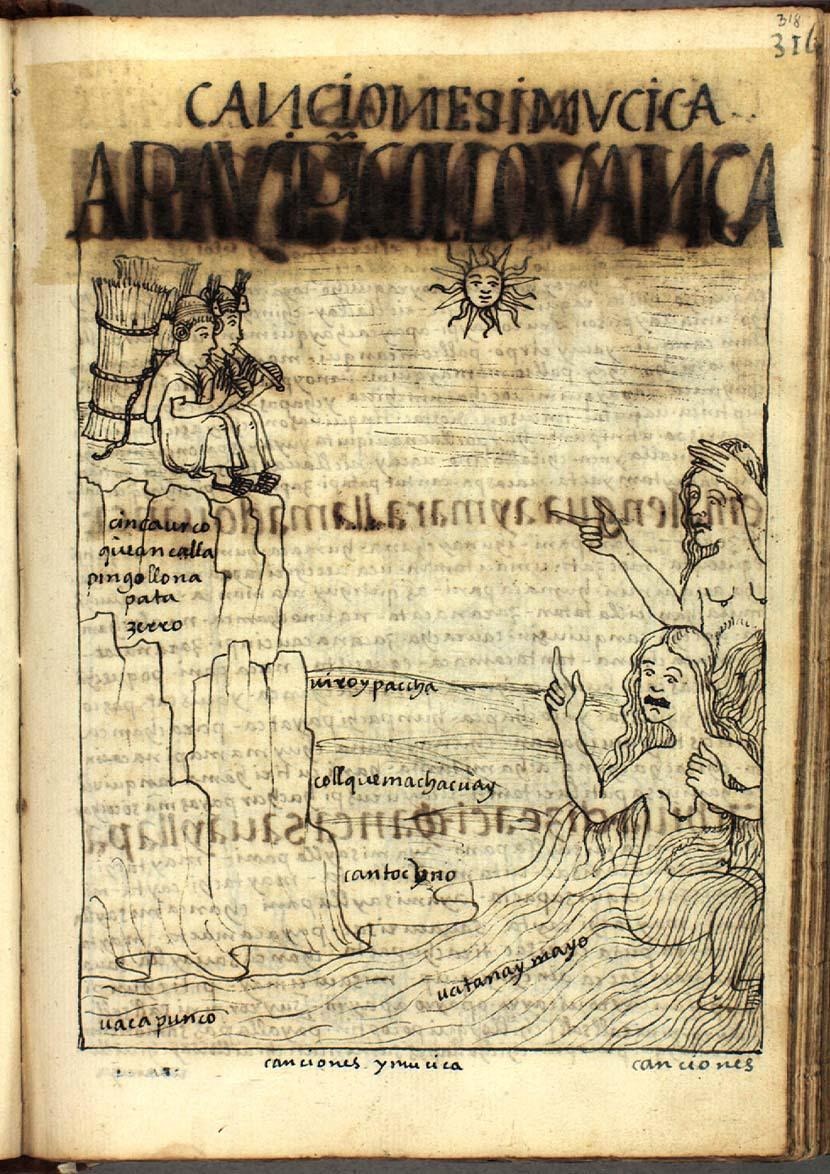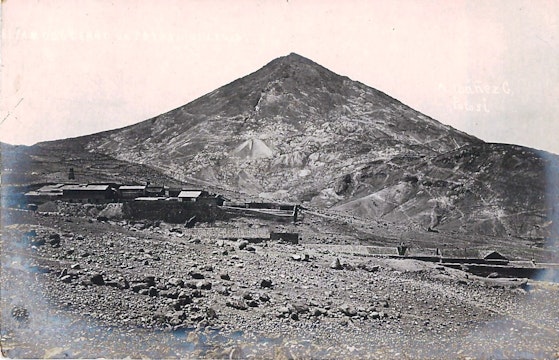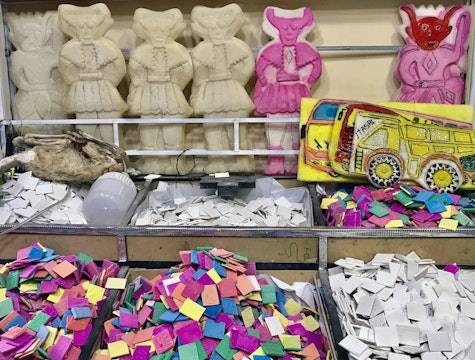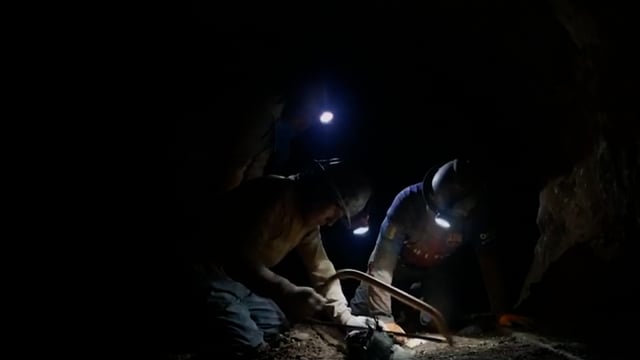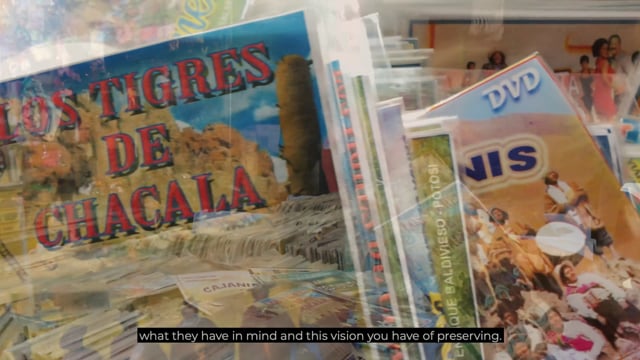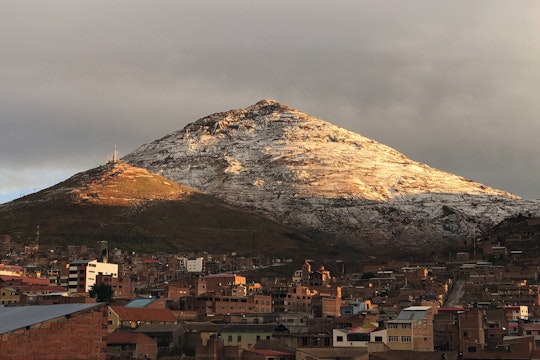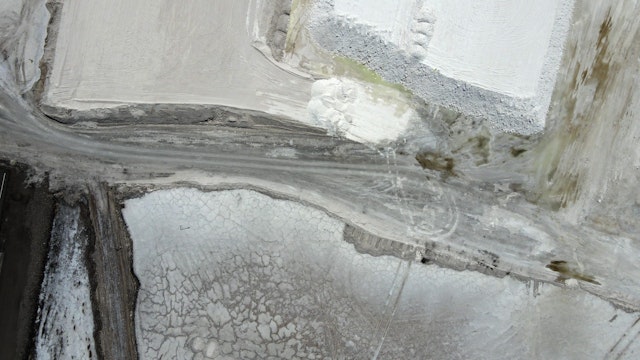Sirinu
In the high Andes, especially in the south of Peru, Bolivia and the north of Chile, there is a series of very rich and diverse traditions about dangerous mermaid-type beings that are associated with enchantment and musical creativity
In the high Andes, especially in the south of Peru, Bolivia and the north of Chile, there is a series of very rich and diverse traditions about dangerous mermaid-type beings that are associated with enchantment and musical creativity
"These beings are typically said to reside in waterfalls, springs, lakes, rivers, or rocks, and Quechua and Aymara speakers from many areas refer to them by the Spanish word sirena (siren / nymph) or sirinu. This last term, more commonly used in southern regions, could be interpreted as a less gender-specific version of the mermaid, since in the Andes they are beings that are not exclusively female."
_Stobart, H. Demons, Dreams and Desires: Traditions of the mermaids and musical creation in the south central Andes. Royal Holloway, University of London
“Luciano Mamani: ... From this place, the verses come out, they know how to go to a hill; there, by itself, from that hill, the verse, a sound is heard, he says; like a tape recorder, you hear it there. Sirinu is called, and from there they get sweet wayñus; every year the wayñus are changed in carnivals. "
"... In that dent, ch'allando, they had taken verses, then they came out dancing, he says. And now, but later, once, when the recorder appeared, with the recorder they had also come: "we are going to record with the recorder”, they had said. Then later (the sirinu) had dropped dynamite; the water had jumped up to the sky - there is a lagoon below - the water has been lost to the sky, he says. Qhulchun!, saying he had released dynamite, he says, he does not always let us record, he says. Thus. "
_Vincent, N. (2004) Ayllusninchismanta parlarispa - Tinkipaya Oral Histories AnthologyVincent Nicolas; Sandra Zegarra Quintanilla; Alfredo Puma LaymePIEB FOUNDATION, 2004 - La Paz
